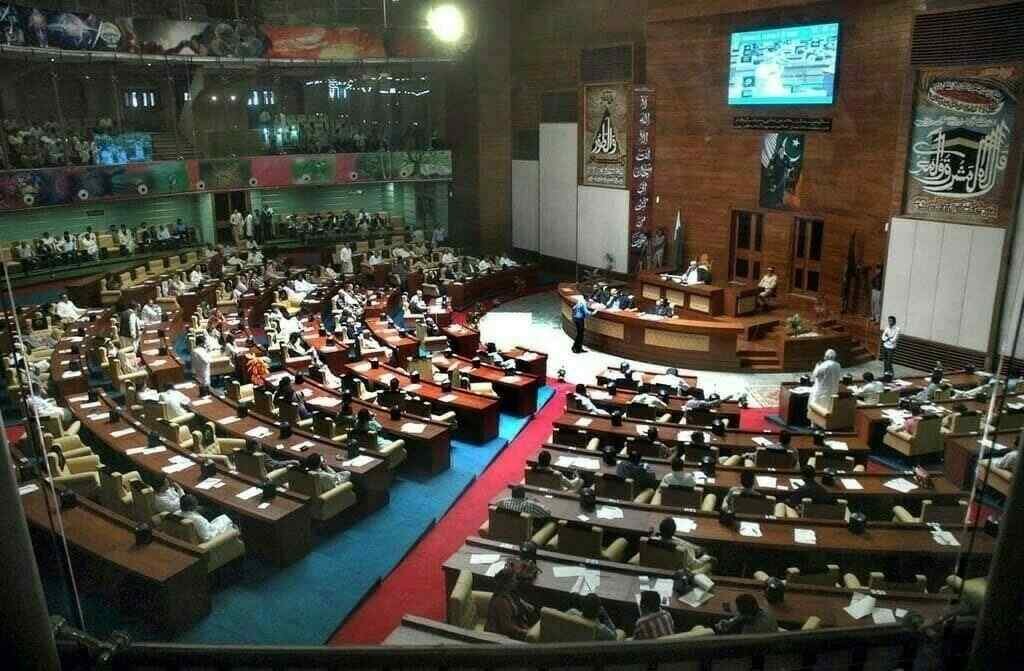Sindh’s provincial legislators have quietly approved a 200% salary increase for themselves, tripling their monthly earnings to nearly Rs450,000, even as much of the province struggles with inflation and stagnant wages.
The raise, finalized after a cross-party committee meeting in Karachi, comes just weeks after the Sindh Assembly passed a bill authorizing the pay boost. Speaker Owais Shah chaired the committee, which included representation from all major political parties. While the PPP, MQM, and PTI backed the move, Jamaat-e-Islami remained the lone dissenting voice.
What the Pay Bump Looks Like
Before the revision, legislators earned Rs155,000 a month, inclusive of allowances. Under the new arrangement, their basic salary jumps from Rs50,000 to Rs300,000, with an expanded perks package:
- House Rent: Rs50,000
- Office Maintenance: Rs15,000
- Telephone: Rs10,000
- Mobile Allowance: Rs10,000
- Utilities: Rs20,000
- Daily Allowance: Rs3,000 (up from Rs1,000)
- Conveyance Allowance: Rs3,000 (also tripled)
These changes place Sindh’s legislators among the highest-paid provincial lawmakers in Pakistan.
The Politics Behind the Raise
The near-unanimous approval underscores a rare moment of consensus in a divided assembly. Both treasury and opposition benches found common ground on the pay hike, reflecting a long-standing trend of lawmakers prioritizing salary adjustments with minimal public debate.
By contrast, Jamaat-e-Islami’s opposition highlighted concerns about optics, particularly as many Sindh residents face rising living costs, job insecurity, and inadequate public services.
Public Backlash Likely
The timing of the increase is already stirring criticism online, with many questioning whether public representatives should reward themselves so generously amid economic uncertainty. The raise also comes at a time when Pakistan is under pressure from international lenders to curb government spending, making the decision politically sensitive.
Whether this move will spark wider debate over political privilege remains to be seen, but it sharply illustrates the gap between the financial realities of voters and their elected officials.

